Freedom's Friends #5 by Becky Brown
Society Rose for Amy Matilda Williams Cassey Remond (1809-1856)
Library Company of Philadelphia Collection
Amy Matilda Cassey's bound album.
Roses were popular imagery in albums: paper and patchwork.
Cassey was a business success, dressing hair, selling perfume, and making wigs for men and women at a time when piles of ornament and hair, real and fake, were the fashion for women Black and white.
French fashion plate, 1825
Joseph was born in the French West Indies, foreign panache that helped
his reputation.
Amy Matilda spent her decades as a young wife as a prominent member of Philadelphia's African- American community of free people, the nation's largest. Her husband was thought to be the second richest Black man in the city---having invested in real estate and banking.
The impressive Cassey House, built in 1846, still stands
on Society Hill. (243 Delancey Street)
But she did not lead a shallow life in luxury; she was active in Philadelphia's antislavery community, as evidenced by her membership in the PFASS and her bound album, now in the collection of the Library Company of Philadelphia.
Watercolor (or lithograph?) in Amy Matilda's bound album
in the collection. Several friends in the PFASS signed pages,
wrote poetry and painted flowers. This rose is attributed to
Sarah Mapps Douglass.
Society Rose by Georgann Eglinski
The City of Brotherly Love is also the
City of Historical Markers.
One for the Casseys.
Amy Matilda gave birth to several children (probably eight with six surviving to adulthood---Alfred, Peter, Sarah, Henry and Frank are named.) She added one more by adopting 9-year-old Annie Wood (1831–1879) whose mother and aunt had died, orphaning her twice. Her children were antislavery activists themselves. Amy's son Peter Williams Cassey, born 1831, became a notable Episcopal minister in California. Alfred Smith Cassey (1829-1903) was important in demanding equal treatment for Black troops during the Civil War.
Two Cassey sons Alfred and J.W. (?) signed this Civil War
Recruitment poster.
Society Rose by Barbara Brackman
In 1848 Joseph Cassey left her a rich widow (his estate estimated at $75,000.)
Charles Lenox Remond (1810-1873)
The Remond family was also in the hairdressing business
although they made their money in catering and restauranting.
Through antislavery circles she met Charles Remond, a year younger than she. Remond of a prosperous Salem, Massachusetts family was a well-traveled lecturer on the abolition circuit spending a year in Europe and talking in Philadelphia frequently. After marrying Charles she moved with her children to Salem, where she lived the rest of her life.
The Liberator out of Boston kept like-minded
people up-to-date on the antislavery world. Charles
and sister Sarah often lectured together.
Amy Matilda was not an orator like her sister-in-law; she stayed behind the scenes, good at linking people, organizing events and running women's groups.
Mrs. Remond is elected Vice-President of the Salem
Female Antislavery Society in 1855. She was on their
Antislavery Fair committee in the early 1850s.
Charlotte Forten (1837-1914)
Portrait from her Aunt Annie Wood Webb's papers
and Salem State University
Amy Matilda was "the loveliest of women," according to Charlotte Forten who boarded with the Remonds in Salem from 1853 to 1856. Lottie was adopted daughter Annie Wood's niece, a smart fifteen-year-old who wanted a good education, something Philadelphia schools did not offer Black children. But Salem's activists had managed to mandate integrated schools and Charlotte boarded with the Remonds where she felt quite at home. Her diary is our best account of Amy Matilda, Charlotte's well-loved substitute mother, "the best and kindest of friends to me."
The Block
Society Rose
A central rose with four buds is classic applique.
It fits the square block and within the structure
there is much opportunity for creativity.
Sorry I forgot the pattern but here it is in 2 sheets.
Print on an 8-1/2 x 11" sheet and note the inch square for scale.
Similar block in the album for Ella Maria Deacon (1811-1894) in
the collection of the Art Institute of Chicago.
Blocks are dated 1841 & 1842, early in the album fad.
Quaker Ella lived in Mount Holly, New Jersey, Burlington County
in the Delaware River Valley.
Society Rose by Denniele Bohannon
With dots large and small added
"LAB 1841" from Amy Matilda's bound album
High Society Rose is a recent hybrid climber.
My blocks 1-5
Links:
Amy Matilda Cassey Remond's Grave:
The Philadelphia house:
In 1865 William Still bought the Cassey House:
http://stillfamily.library.temple.edu/items/show/188" I purchased within the last 3 or 4 weeks 2 three/ story brick houses on Lombard above 4th St. This property was formerly owned by Jos. Cassey (the father of the Cassey’s) who lived & died there. The house that he lived in is a very nice house & just about the kind of a one I have been hunting for, yet I am not as yet inclined to go there to live. That part of Lombard St. is pretty genteel & quiet, you know, but still I have some prejudices against Lombard St. and may hesitate for sometime before consenting to move there. I bought the property at Sheriff Sale and got it quite cheap or I should not have bought it of course."
Amy Matilda's Album
Further Reading:
Charlotte Forten Grimke's diaries: The Journals of Charlotte Forten Grimké
Glasgow, Kristen Hillaire, Dissertation
Charlotte Forten: Coming of Age as a Radical Teenage Abolitionist, 1854-1856
Society Rose by Robyn Gragg

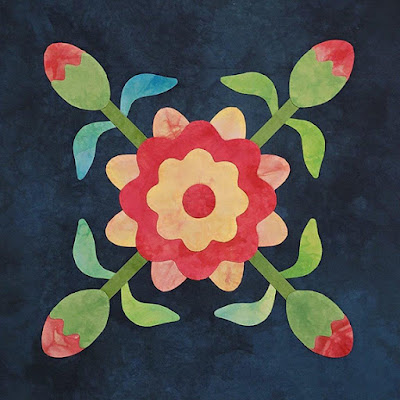








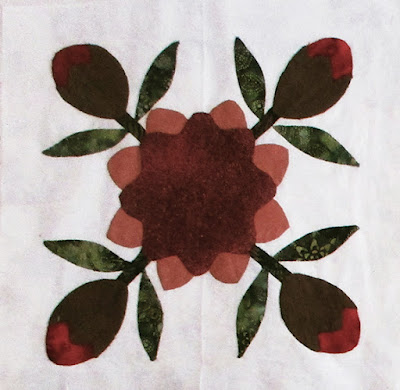






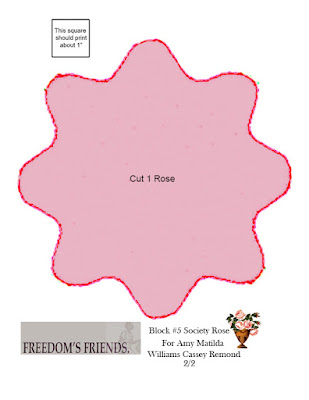
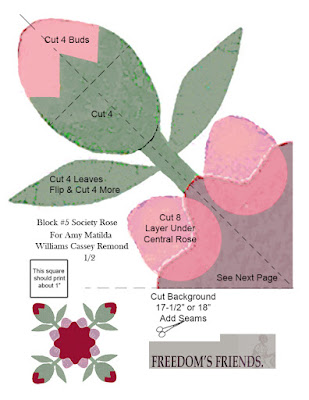


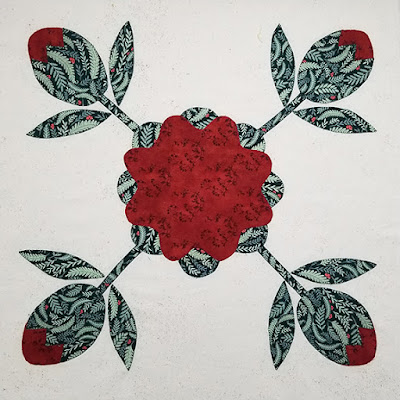
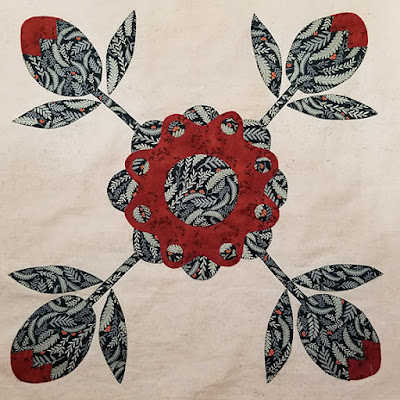



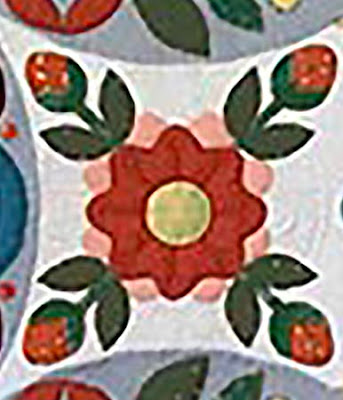

1 comment:
Please print the pattern, thank you.
Post a Comment